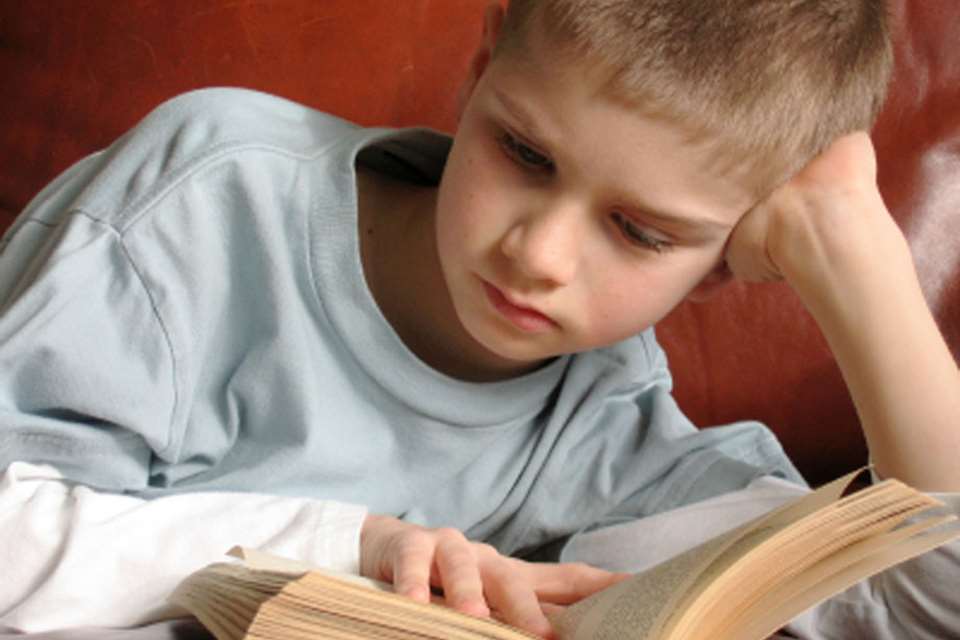Number of children passing phonics check rises again
Friday, September 30, 2016
More than four in five children have passed this year's phonics screening check at the end of Year 1.

The number of five- and six-year-olds passing the test has risen every year since it was introduced in 2012.
However, a breakdown of results for the phonics check reveals that some groups of children do not do as well as others, with children from poorer backgrounds, those with special educational needs and summer-borns doing less well than their peers.
To pass the check children must correctly pronounce 40 words, some of which are made up.
This year 81 per cent of pupils passed the check, a rise of 4 percentage points on the 2015 results when 77 per cent of pupils reached the expected standard. The pass rate in 2012 was 58 per cent.
School standards minister Nick Gibb said, ‘The Government is determined to make this country work for everyone, not just the privileged few. Ensuring all primary school children can read fluently by the time they leave primary school is fundamental to this ambition.
‘Thanks to the hard work of teachers, our continued focus on raising standards and our increased emphasis on phonics, there are now an additional 147,000 six-year-olds on track to becoming fluent readers. While this is a huge achievement, we know there is more to do. We will work with schools and local authorities to ensure even more young people have the knowledge and skills they need to get on in life.’
There is a wide gap in the results between children born in the summer and those born at other times of the year.
For example, while 87 per cent of children born in September met the expected standard, just 72 per cent of children born in August did so.
The gap is wider when gender is taken into account, with 68 per cent of August-born boys passing the check, compared to 77 per cent of girls.
Ninety per cent of girls born in September passed the check, against 84 per cent of boys.
The results also show that the gap in attainment between poorer children and their peers persist.
For example, 69 per cent of children eligible for free school meals met the expected standard for the check, compared to 83 per cent of all other pupils.
For children with special educational needs, just 42 per cent of children passed the check, compared to 86 per cent of children with no identified SEN.
In terms of ethnicity children from a gypsy/ Roma background and traveler children were the lowest attaining, at 37 and 41 per cent respectively.
The next lowest attaining groups were children who are white and black Caribbean and non-British or Irish white pupils, both on 78 per cent.
Russell Hobby, general secretary of school leaders’ union NAHT, said, ‘The data shows attainment gaps remain a challenge. More girls than boys continue to meet the phonics standard, but this gap is decreasing; the gap between pupils eligible for free school meals (FSM) and all other pupils has narrowed again, which is welcome; the gap between SEN pupils and non-SEN pupils has not changed, which is something the government needs to be mindful of.’
The statistics were published alongside the results of the new Key Stage 1 assessments.
These showed that three in four pupils meet the tougher standards for reading and maths, but just 65 per cent met those for writing.
The Department for Education said that as the standard was higher, and the forms of teacher assessment new, the results could not be compared to previous years.






